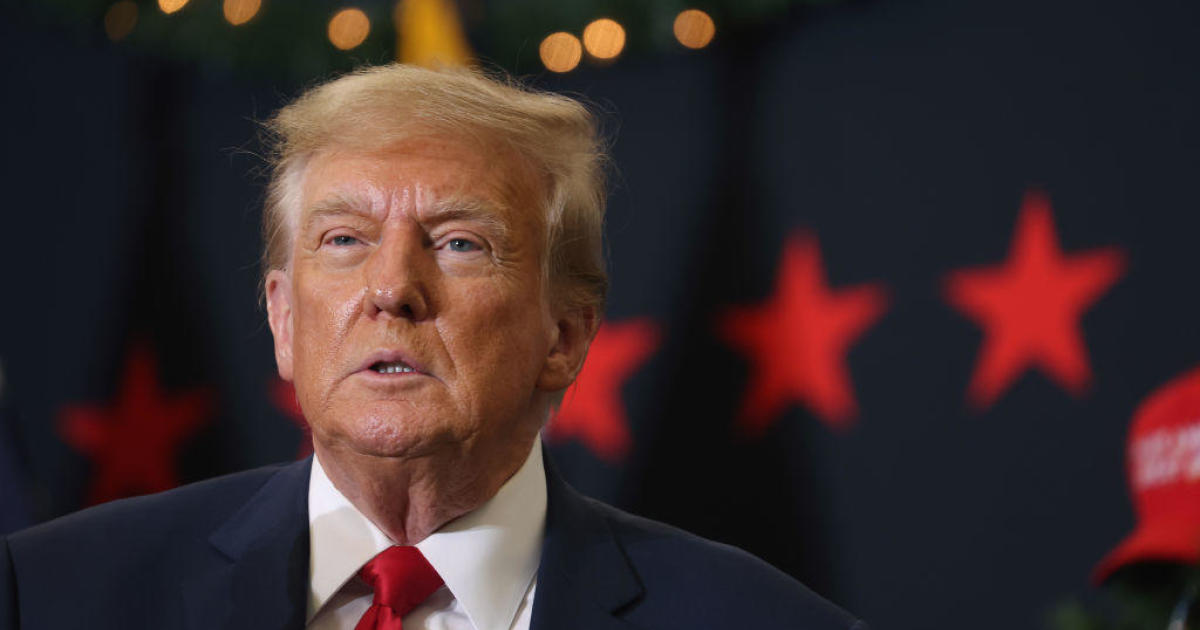The political landscape in the United States has been rocked by a groundbreaking decision from the Maine Secretary of State, Shenna Bellows, who ruled that former President Donald Trump is ineligible to participate in the state’s primaries. This bold move represents a significant step in the ongoing controversy surrounding Trump’s role in the January 6, 2021 attack on the US Capitol and has sparked intense debate and legal challenges.
Maine Becomes the Second State to Disqualify Trump
With this decision, Maine has become the second state to disqualify Trump from participating in the primaries, following in the footsteps of the Colorado Supreme Court. The ruling was made under section 3 of the 14th amendment of the US Constitution, which addresses individuals’ disqualification from holding public office if they have engaged in insurrection or rebellion against the Constitution.
A Swift and Unprecedented Decision
Secretary Bellows’ ruling represents a swift and unprecedented move, as she unilaterally made the decision to disqualify
Trump without waiting for the Supreme Court of the United States to intervene. This highlights the significance and urgency attached to the case, with Bellows emphasizing the need to act promptly in response to the constitutional issues at hand.
Bellows clarified that her decision was based on the evidence and facts presented during the hearing, emphasizing that Trump’s awareness of the efforts to delegitimize the 2020 election and his subsequent actions were pivotal factors in the ruling.
Appeals and Legal Challenges
Unsurprisingly, the Trump campaign has expressed its intention to appeal the decision, signaling the start of a legal battle to challenge Bellows’ ruling. The campaign has underscored the potential implications of the decision, citing concerns about the integrity of
elections and the disenfranchisement of American voters.
It’s important to note that the ruling allows for an appeal to the Supreme Court within a specified timeframe, and Bellows has temporarily suspended the impact of her decision pending the outcome of any appeals. This decision underscores the complexity and significance of the legal proceedings surrounding Trump’s eligibility for the primaries.
A Landmark Verdict with Far-reaching Ramifications
Bellows’ bold decision marks a significant moment in US political history, as it represents the first time a presidential candidate has been unilaterally disqualified from the ballot under Section Three of the Fourteenth Amendment. The ruling has prompted intense scrutiny and debate, with Republican Senator Susan Collins of Maine criticizing the decision, asserting that it deprives Mainers of the opportunity to vote for their preferred candidate.
The broader implications of this ruling are reflected in the fact that more than a dozen other states are considering similar challenges to keep Trump off their ballots. The legal battles and judicial decisions in various states, such as Michigan and Minnesota, further underscore the complexity and contentious nature of the issue.
Conclusion
The ruling by the Maine Secretary of State to declare Trump ineligible for the primaries has ignited a fierce legal and political battle, which is set to have far-reaching implications for the upcoming elections. The controversy surrounding Trump’s role in the January 6 attack and the subsequent legal challenges underscore the significance of this unprecedented decision. As the legal proceedings unfold, the outcome of the appeals and the implications for Trump’s eligibility in other states will undoubtedly command widespread attention and scrutiny.


